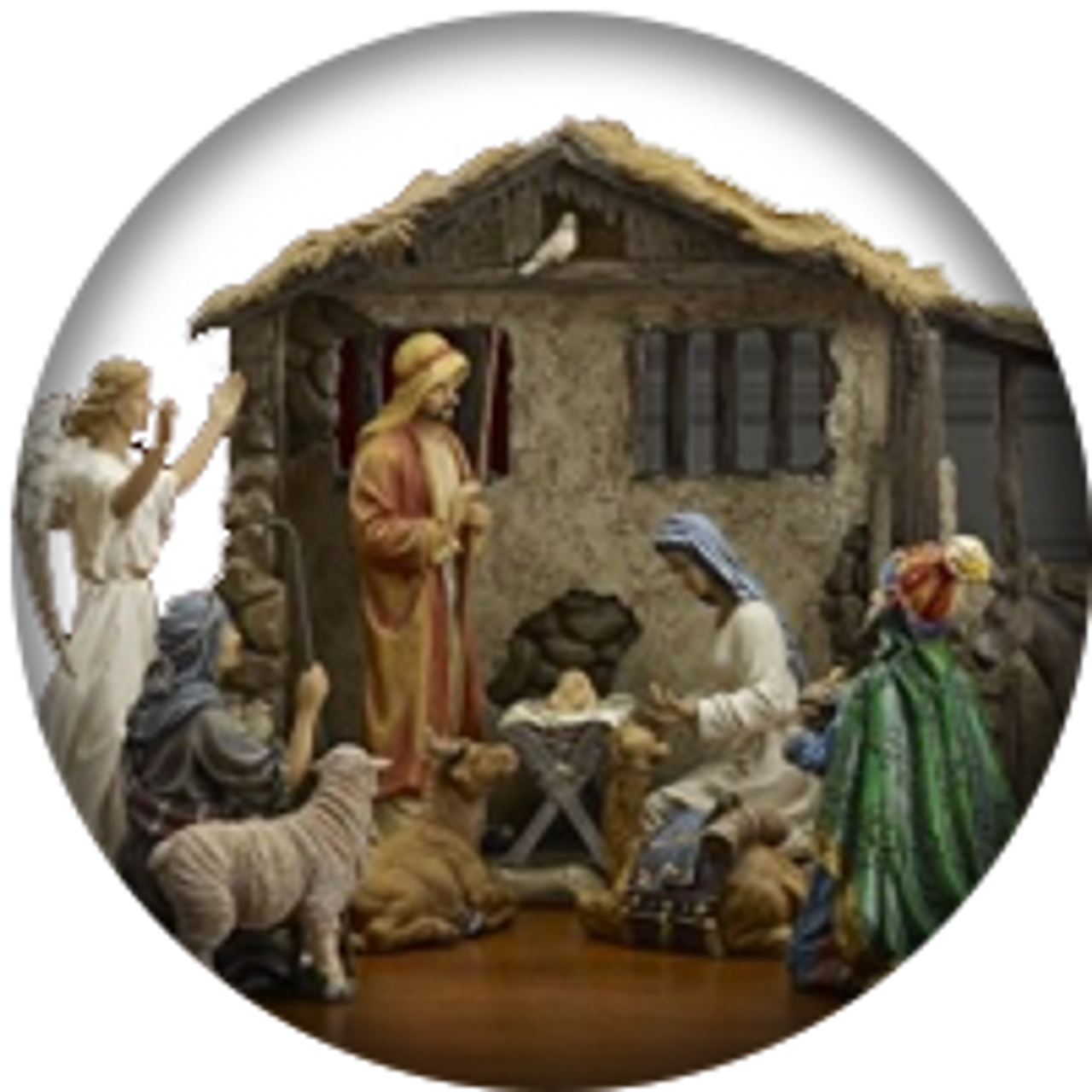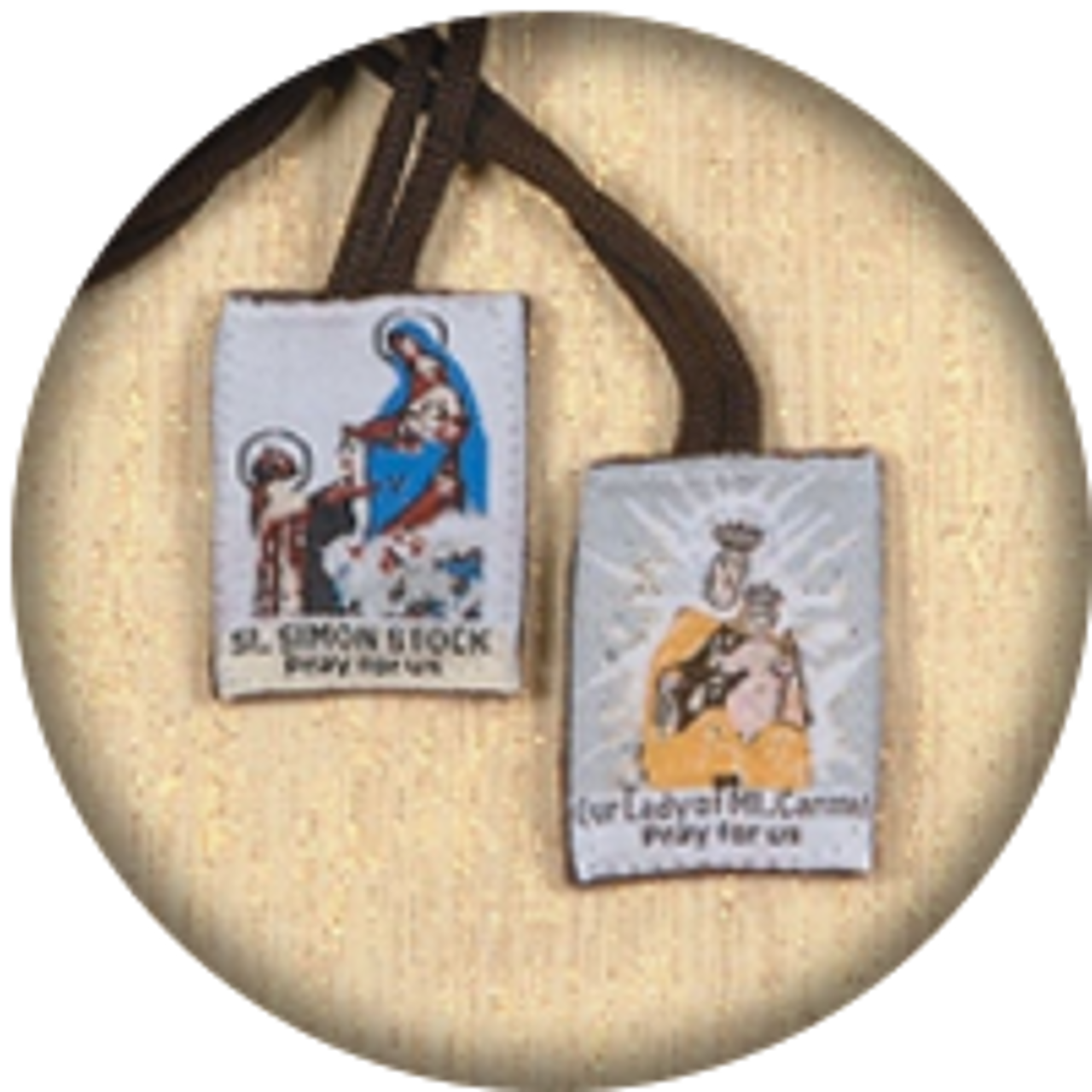THE ORIGINAL AND REAL SANTA: ST. NICHOLAS
Kathy Boh on 3rd Dec 2019
THE ORIGINAL AND REAL SANTA:
ST NICHOLAS—
Part 1 of CHRISTMAS TIME: THE GIFT GIVING SEASON
In this Christmas season of parties and get-togethers and gathering presents, many of us are giving our “Christmas lists” greater scrutiny than ever before. Let’s explore the seasonal feasts and see how they may shed light on our “to do” lists, our celebrations, and our gift-giving review.
Over the next few weeks, we are going to look at three feast days and how they relate to the gift-giving theme of this holiday time.
We begin with St. Nicholas Day, celebrated on December 6th. Later, we will take another look at Christmas, and the Paragon of gifts—the greatest Gift—that has ever been given to any of us—the Gift of God coming to earth as Savior and King. Lastly, the Three Wise Men bearing their gifts will merit our attention in January, as the season draws to a close.
ST. NICHOLAS
St. Nicholas was born in the coastal village of Patara, on the Mediterranean Sea, in southern Turkey. (It was considered part of Greek culture at the time). He was raised by very wealthy and devout Christian parents. He inherited a fortune in his youth when they died.
As a boy, he dedicated his life to the Lord in His service, so that he was determined to use his inheritance to help those in need—the sick, the poor, and those who were suffering.
The life of St. Nicholas revealed the immense virtue of this man toward so many people throughout his lifetime. The stories are many. With notable integrity, he was unafraid to deal with temporal matters of injustice, and was ever willing to help the needy.
Nicholas was known—more than once— to have intervened for those unjustly imprisoned and condemned to die. This saint was often invoked by sailors for protection at sea due to his prayer ending a storm at sea when he, himself, was traveling. Many knew him as a protector of children.
St. Nicholas was an outstanding and outspoken church leader. Persecutions had begun violently under the Emperor Diocletian, and Nicholas—as bishop of Myra—was arrested and tortured, then imprisoned and exiled. He was freed when the Emperor Constantine put an end to the persecution of Christians in the Roman Empire. The emperor changed the law to allow Christian worship through the Edict of Milan in 313.
Nicholas was known throughout his life for his great generosity—done humbly and anonymously. One particular story is widely known. The narrative tells of his assisting three poor, marriageable sisters (who were potentially going to be sold into slavery or prostitution). It is the most noteworthy chronicle that led to his being celebrated for gift-giving.
At the appropriate time for each of the girls, he anonymously threw a bag of coins into an open window to provide a dowry to equip each one for a suitable marriage. His renown for such generous and secret giving led to popular traditions that grew up in Europe emphasizing gift-giving on his feast day in early December. The day of his death in 343 A.D. in Myra became commemorated as his feast day—December 6th.
His fame and devotion spread over many parts of the world, including Europe, Russia, Eastern cultures—and specifically—Italy, Germany, the Netherlands, America and England. St. Nicholas Day occurs during the season of Advent, the time of preparation for (and leading up to) Christmas. Over time, the gift-giving became connected to the Christmas season.
CELEBRATING ST. NICHOLAS and INTRODUCING "SANTA"
The Dutch name of St. Nicholas—“Sinterklaas” —became the origin of the name “Santa Claus”. Many—even in America—have kept the custom of stockings being filled on St. Nicholas Day, with small presents given. Some favored this day for gifts in order to leave Christmas Day as the time to glorify and focus on the birth of the Savior--Christ Jesus Himself.
Our family used to hang stockings on the evening before the 6th to see what little goodies would be found—by young and old alike!— the next morning.
My mom used to put in little inexpensive treasures, and always some kumquats [mini-orange-type fruits]--which had been her experience and tradition growing up in the south. They fit so nicely in a stocking, and, for us, they became December's unique taste treat.
It is often the little things that we remember in life... a touch here or there that may not seem like much to some, but to others, it is the perfect unexpected act of kindness or consideration or appreciation that is much needed.
God always remembers the "little" people... the overlooked; the forgotten; those out of the mainstream. St. Nicholas Day is a good occasion to remember the everyday people in our lives who might appreciate something small that blesses them.
This article has been adapted from our blog over the years, and from the one posted on November 30th, 2016, under the title, GIFT-GIVING AT CHRISTMASTIME, FEATURING ST. NICHOLAS, on this website, trinitychurchsupply.com/blog, by the same author, Kathy Boh.
Upcoming articles include:
JOYOUS GAUDETE SUNDAY
ST JOHN OF THE CROSS will also be featured this December
And our series: CHRISTMAS TIME: THE GIFT-GIVING SEASON
Part I: ST NICHOLAS, THE ORIGINAL SANTA (above article)
Part II: CHRIST AT CHRISTMAS: THE GREATEST GIFT EVER GIVEN
Part III: FEAST OF THE THREE KINGS—EPIPHANY










